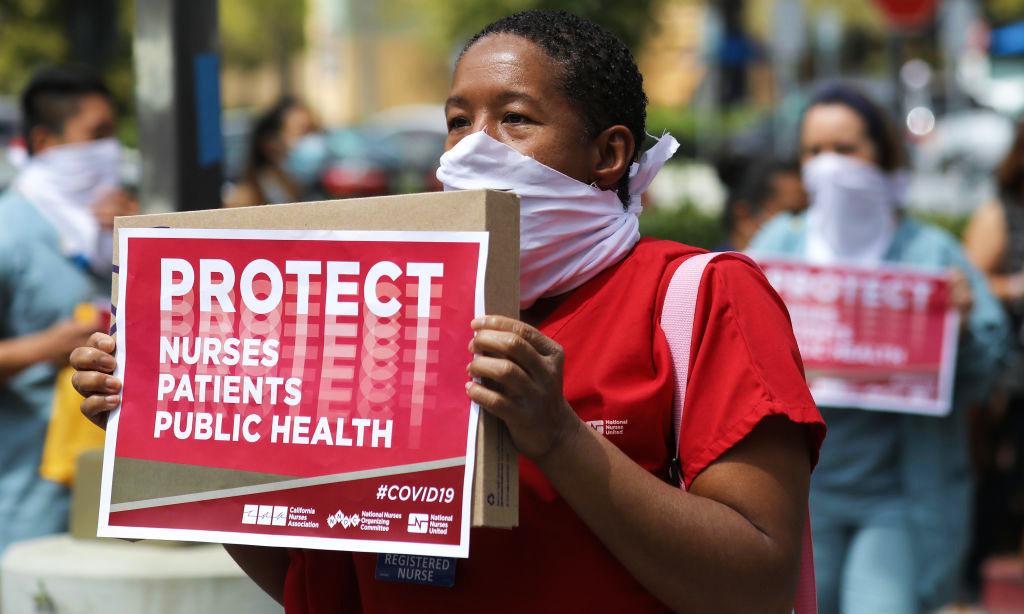This year marks the bicentenary of British nurse Florence Nightingale’s birth, but with the grim reality of nurses dying on the front lines of the COVID-19 pandemic, the celebrations will have to wait.
Nurses are especially disappointed they won’t be able to celebrate the 200th anniversary of Nightingale’s birthday on May 12 as part of National Nurses Week, Dr. Marketa Houskova, executive director of the American Nurses Association\California, told The Epoch Times.





